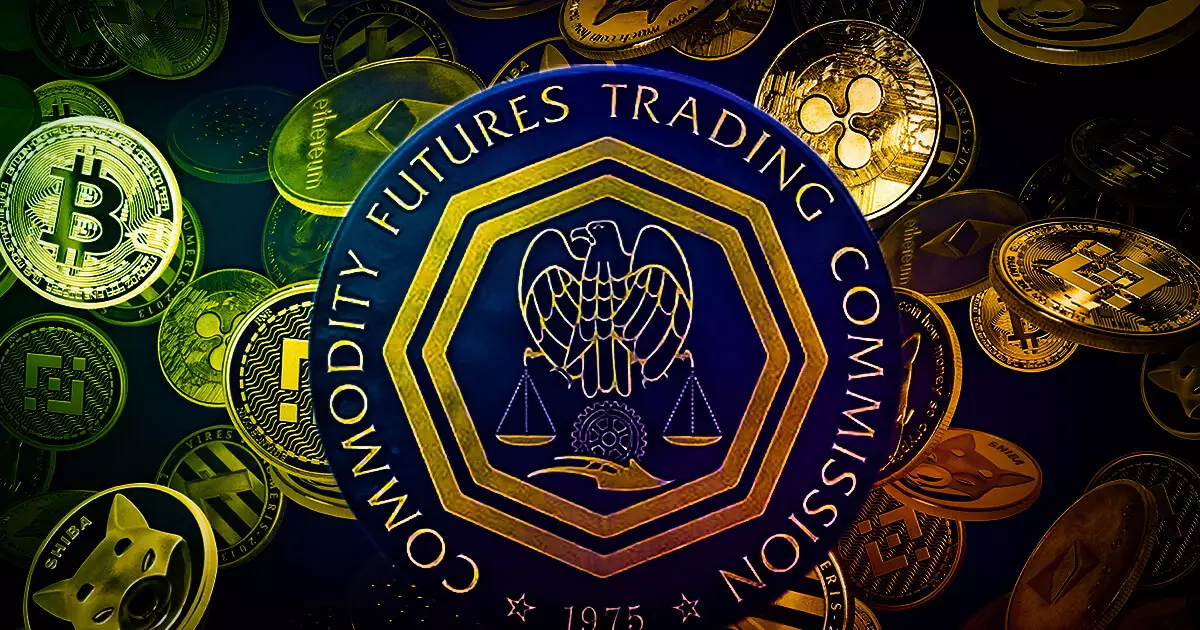In a significant decision, the United States Court of Appeals for the District of Columbia Circuit has ruled that prediction markets, which allow individuals to place bets on the outcomes of U.S. elections, are legal. This landmark ruling, issued on October 2, 2023, dismisses an appeal from the Commodity Futures Trading Commission (CFTC) that sought to impose restrictions on the prediction market Kalshi regarding its election-related contracts. The court found that CFTC failed to substantiate claims that permitting such markets would cause irreparable harm to the public, thus granting Kalshi renewed ability to offer bets on election outcomes.
Tarek Mansour, the founder of Kalshi, celebrated this legal victory, declaring that U.S. presidential election markets are now officially recognized as legal. This ruling not only benefits Kalshi but also sets a precedent for similar platforms eager to enter the electoral betting sphere. The decision implies that the framework of regulations around prediction markets may shift, allowing these platforms to thrive in a landscape that was previously fraught with ambiguity and legal contention.
However, the court did caution that should any new substantial evidence arise that could indicate public harm, the CFTC retains the right to renew its request for a stay. This reflects a delicate balance between innovation in financial markets and the regulatory oversight that is often essential for ensuring public welfare.
The backdrop of this court decision is not without controversy. In an effort to exert greater control over prediction markets, U.S. lawmakers vocalized their concerns in August 2023. A letter signed by high-profile Senators, including Elizabeth Warren and Chris Van Hollen, urged the CFTC to crack down on these markets, arguing that betting on elections undermines the democratic process and public trust. They posited that elections should not be commercialized as for-profit ventures.
Contrastingly, Congressman Richie Torres took a different stance, advocating for regulation rather than prohibition. His position highlights the growing divide among lawmakers regarding how to handle the burgeoning prediction market space, particularly in relation to political events. The existence of these markets raises essential questions about the ethics and implications of betting on democratic outcomes.
Kalshi’s recent legal triumph could have broader implications for other prediction markets, especially those operating in the cryptocurrency sphere, like BET and Polymarket. Should the CFTC continue to feel pressure to regulate these markets post-Kalshi’s win, it may potentially set the stage for broader acceptance and regulation of election-related betting platforms. As the landscape evolves, stakeholders in the prediction markets industry must remain vigilant and responsive to both regulatory mechanisms and public sentiment.
The court’s ruling is a watershed moment for prediction markets centered on U.S. elections. It opens the door for greater participation from various platforms while also shining a light on the complex interplay between regulation, public trust, and the future of betting on democratic events. The coming months will be crucial in determining how this landscape unfolds and whether public concerns can be adequately addressed while allowing innovation to flourish.















